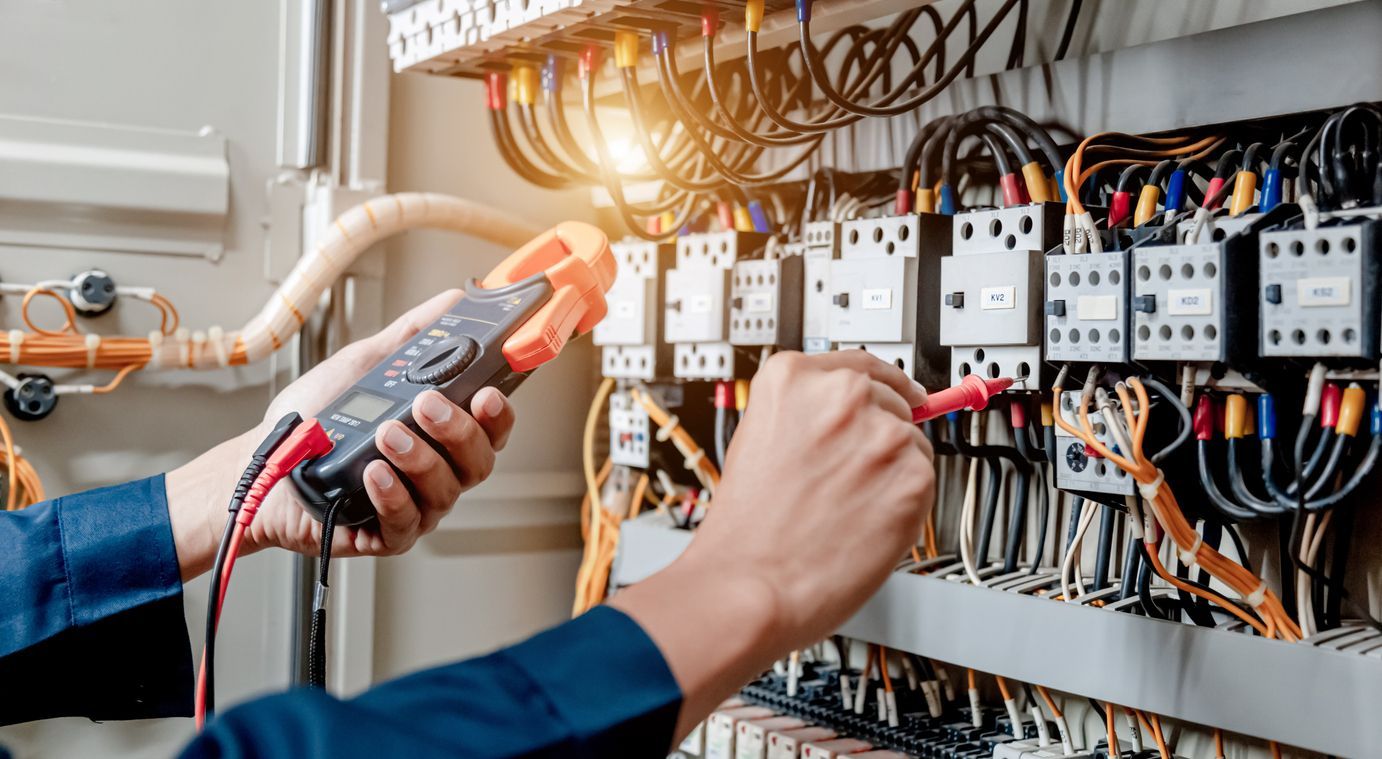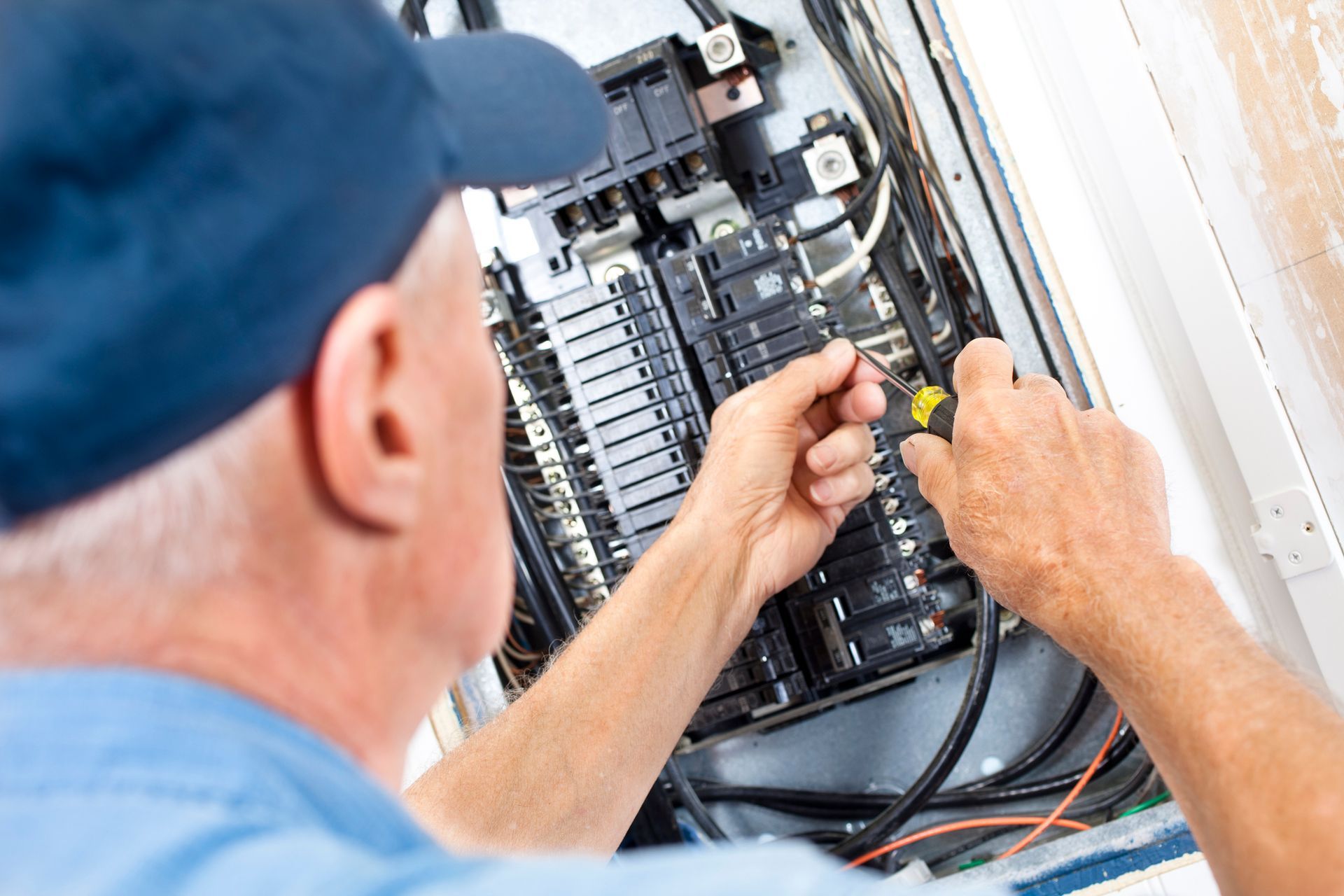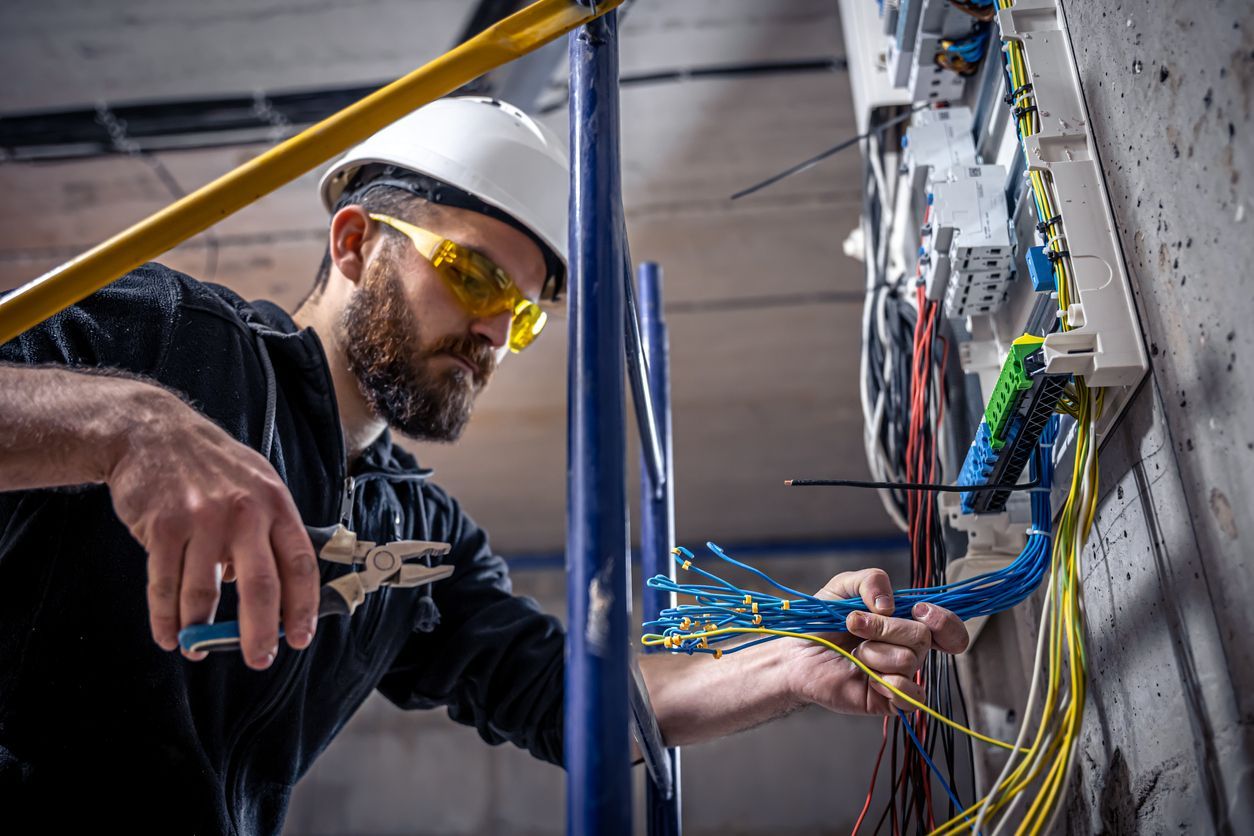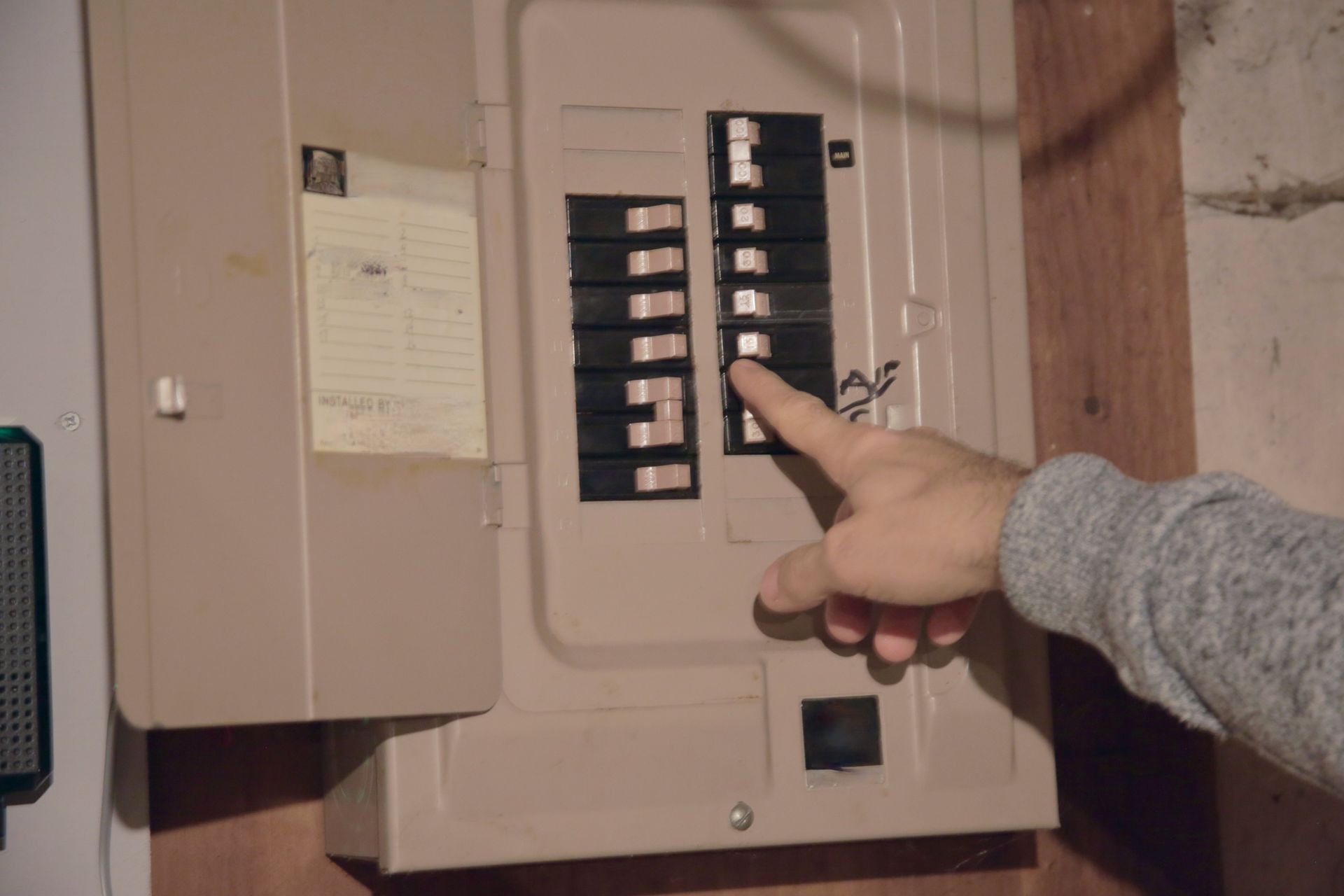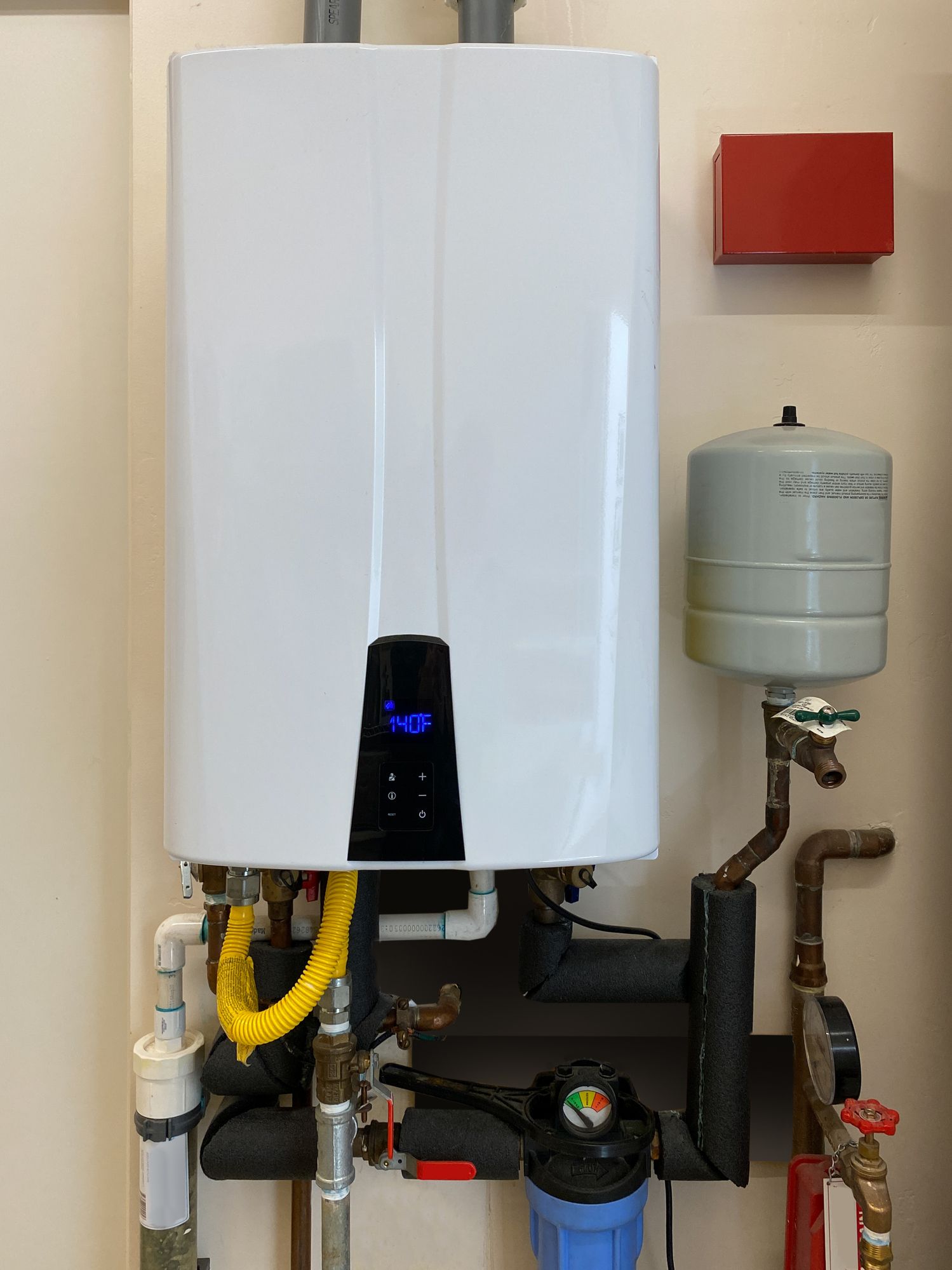Get in Touch With us Today!
CALL NOW 973-857-4333
What’s the Deal With GFCI and AFCI Outlets?
As a reliable electrician in Totowa, NJ, Anderson Electric fields a lot of calls about ground fault circuit interrupter (GFCI) and arc fault circuit interrupter (AFCI) outlets. Both are good for minimizing electrical hazards in the home, but each one focuses on a different kind of electrical issue. Join us below as we take a quick dive into the specifics of each outlet.
Ground Fault Circuit Interrupters
A GFCI outlet addresses the risks of electrical shocks by monitoring how electrical currents travel through the circuit. When it detects a divergence between incoming and outgoing electrical flows, it immediately shuts down to stop the flow and prevent the immediate possibility of shock.
Usually, having that situation occur is evidence that damp areas in your home may be causing leaks to the ground beneath it. As such, a GFCI outlet is best suited for high-moisture regions of your home, like the kitchen, the bathroom, an unfinished basement, or the laundry room.
The protection a GFCI outlet delivers can limit severe injuries and electrocution from coming in contact with a live wire and appliance malfunctions. However, it does not cover issues like hot wires and sparks. It’s best to speak to an electrician in Totowa, NJ, to get a more thorough understanding of how they operate.
Arc Fault Circuit Interrupters
The objective of an AFCI outlet is to safeguard your home from electrical fires. It looks for unusual electrical patterns, known as “arc faults,” throughout your home, which can be caused by circuit overloads, damaged wiring, and loose connections. They can create high heat that sets their surroundings on fire.
The main advantage of an AFCI outlet is that it prevents such fires, especially in rooms that are most at risk of fire damage, like bedrooms, living rooms, and places where electronics are stored. Unlike GFCI outlets, though, AFCI outlets don’t address the potential of electric shock.
How GFCI and AFCI Outlets Work Together
Both kinds of outlets can co-exist in one home. In fact, building codes in some areas may require installing each type for newly built homes. Older homes may benefit from installing both outlets in key areas to prevent hazards.
Learn About GFCI and AFCI Outlets From a Professional Electrician in Totowa, NJ
To get a better understanding of how GFCI and AFCI outlets can protect your home from electrical disasters, call Anderson Electric or schedule an appointment online.
